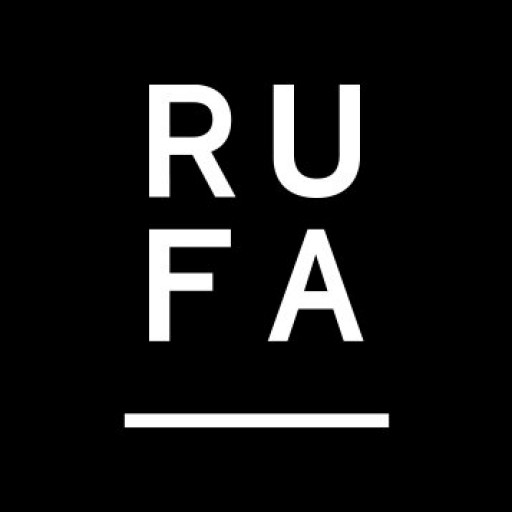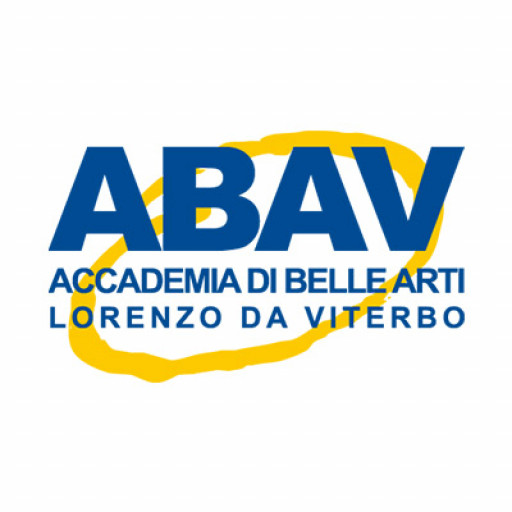Photos of university / #dartmouthcollege
Program Description: Film and Media Studies at Dartmouth College
The Film and Media Studies program at Dartmouth College offers students an interdisciplinary exploration of the history, theory, and practice of film and various media forms. Designed to cultivate critical thinking, cultural awareness, and creative skills, the program encourages students to analyze visual culture, understand the technological evolution of media, and develop their own projects in filmmaking and media production. Through a combination of coursework, research, and hands-on experience, students gain a comprehensive understanding of the role of film and media in shaping societal narratives and individual identities. The curriculum covers a wide range of topics, including film history, critical theory, media aesthetics, digital media, documentary practices, and media industries. Students are provided with opportunities to engage in film analysis, screenwriting, editing, directing, and media production techniques, often working on collaborative projects that simulate professional media environments. The program emphasizes a global perspective, exploring different cultural contexts and media systems around the world, fostering an appreciation for diverse storytelling traditions and media practices. Faculty members are experts in film history, critical theory, and media technology, guiding students through rigorous academic inquiry and creative experimentation. Dartmouth's state-of-the-art media facilities and studios support practical learning, allowing students to produce professional-quality content. Graduates of the program are equipped with the analytical skills and technical competencies necessary for careers in film, television, digital media, academia, or cultural criticism. Whether aspiring filmmakers, media scholars, or cultural critics, students in the Film and Media Studies program develop a nuanced understanding of media's power and its influence on contemporary society. The program prepares students not only to understand media, but also to innovate and contribute thoughtfully to the evolving landscape of visual and digital culture.
The Film and Media Studies program at Dartmouth College offers students an extensive and comprehensive exploration of the history, theory, and practice of film and media arts. This interdisciplinary program is designed to cultivate critical thinking, analytical skills, and creative expression through detailed analysis of cinematic works, media productions, and emerging digital platforms. Students engage with a wide range of topics, including film history, genre studies, narrative analysis, auteur theory, documentary practices, and the impact of media technologies on society. The curriculum combines theoretical coursework with practical training, allowing students to develop competencies in film production, editing, screenwriting, and digital media creation. Throughout their studies, students are encouraged to analyze media from diverse cultural and historical perspectives, fostering an understanding of how media influence and reflect social issues, politics, and cultural identities. The program also emphasizes hands-on experience, offering opportunities for students to produce their own films and media projects, often utilizing state-of-the-art equipment and software. Faculty members include accomplished scholars and industry professionals who guide students through critical discussions, research projects, and collaborative productions. The program prepares graduates for careers in film and media industries, academia, journalism, media criticism, and digital content creation. By integrating theoretical analysis with hands-on practice, the Film and Media Studies program at Dartmouth seeks to inspire innovative filmmakers and media scholars who can analyze and create influential media in an increasingly digital and interconnected world.
Program Requirements:
The Film and Media Studies program at Dartmouth College offers a comprehensive curriculum designed to provide students with a robust understanding of the history, theory, and practice of film and media arts. The program emphasizes critical analysis, historical context, and practical skills, preparing students for careers in film production, criticism, archiving, and media-related fields.
Students are required to complete a minimum of 10 courses to earn a degree in Film and Media Studies. These courses are divided into core requirements, distribution requirements, and elective offerings. The core coursework typically includes introductory classes in film analysis, media theory, and history, as well as advanced seminars that explore specific genres, periods, or thematic studies. Additionally, students must engage in practical courses such as film production, editing, and screenwriting to develop technical skills.
Distribution requirements ensure students gain broad exposure to different media forms and theoretical perspectives. These may include courses in visual culture, media technologies, digital media, and qualitative research methods. The program encourages interdisciplinary approaches, integrating insights from cultural studies, history, and other related fields.
Capstone projects or thesis work are often required, allowing students to produce independent research papers, film projects, or multimedia presentations. Practical internships and work experiences are highly encouraged to gain industry exposure and build professional networks.
Language proficiency in relevant media languages or digital literacy skills are also emphasized. Throughout their studies, students are expected to critically engage with current media issues, including ethics, globalization, and technological change.
To maintain graduation standards, students must achieve a minimum grade point average prescribed by the department and complete all required coursework within the specified time frame. The program aims to cultivate analytical, creative, and technical abilities, equipping graduates with the knowledge and skills to pursue further academic study or enter the media industry.
Financing studies for the Film and Media Studies program at Dartmouth College are primarily supported through a combination of need-based financial aid, grants, scholarships, and work-study opportunities. Dartmouth is committed to making education accessible to students from diverse financial backgrounds, and therefore offers generous need-based aid packages that can cover a significant portion or even the total cost of attendance. The college assesses each student's financial situation through a comprehensive application process, including the submission of the Free Application for Federal Student Aid (FAFSA) and the College Scholarship Service (CSS) Profile.
Students displaying demonstrated financial need may receive grants that do not need to be repaid, allowing them to focus fully on their academic pursuits without the burden of excessive debt. Merit-based scholarships are also available for outstanding students, although these are limited and typically awarded based on academic achievement, extracurricular involvement, or artistic talent in media and film.
Additionally, Dartmouth offers work-study programs that enable students to work part-time on campus, gaining practical experience while earning money to offset educational costs. Students may find opportunities within the college's various departments, libraries, media centers, or affiliated organizations related to film and media studies.
The college also emphasizes financial literacy and advising, ensuring students are well-informed about managing educational expenses and exploring external funding options. Some students may also benefit from external fellowships, private scholarships, or internships related to media production and film studies that provide additional financial support.
Overall, the financing of the Film and Media Studies program at Dartmouth is designed to be flexible and comprehensive, ensuring that students with a wide range of financial circumstances can access high-quality education and resources necessary to succeed in the field. The college’s financial aid policies prioritize meeting the demonstrated financial need of every admitted student, making the academic experience both affordable and equitable.
The Film and Media Studies program at Dartmouth College offers students an in-depth exploration of cinematic arts, media production, and critical analysis of visual culture. The curriculum emphasizes both theory and practice, enabling students to develop a comprehensive understanding of film history, theory, and criticism alongside hands-on skills in media production, editing, and digital storytelling. The program encourages interdisciplinary approaches, integrating perspectives from literature, history, political science, and cultural studies to interpret and critique media texts and their societal impacts. Students have access to state-of-the-art facilities, including film editing suites, digital media labs, and screening rooms, fostering a creative environment for producing original work. The program also offers a range of courses in documentary filmmaking, narrative cinema, experimental media, and contemporary media landscapes, preparing graduates for careers in filmmaking, media production, journalism, and media analysis. Dartmouth's close-knit academic community promotes active engagement, with faculty members renowned for their expertise in film studies and media theory. Students are encouraged to participate in film festivals, internships, and collaborative projects that provide practical industry experience. The program's interdisciplinary nature aims to cultivate critical thinking, visual literacy, and innovative storytelling skills. With a flexible course structure, students can tailor their studies to specific interests within film and media, and opportunities for study abroad enhance global perspectives. Overall, Dartmouth College's Film and Media Studies program aims to produce well-rounded graduates equipped to navigate and influence the evolving media landscape critically and creatively.










